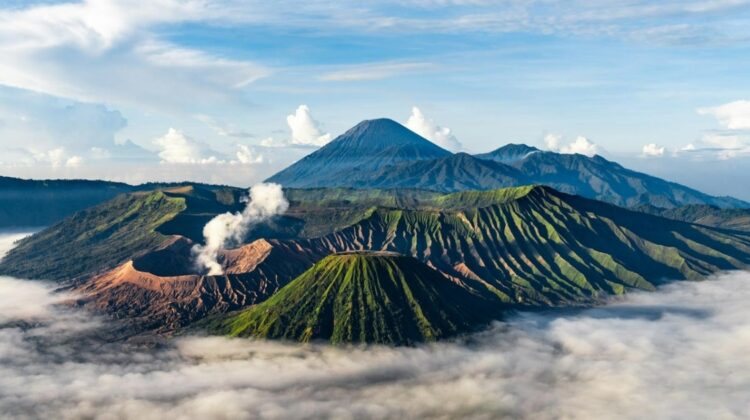
Are you intrigued by the Earth’s fascinating landscapes? Do you want to understand the geological terms that describe mountains, valleys, and coastlines? This comprehensive guide offers a visual exploration of common geology terms, making it easy to grasp complex concepts.

Understanding Basic Geological Terms
- Cape: A point of land projecting into a body of water.
- Bay: An area of water surrounded by land on three sides.
- Island: A piece of land completely surrounded by water.
- Peninsula: A piece of land almost entirely surrounded by water, with a narrow land connection to a larger landmass.
- Mountain: A natural elevation of the Earth’s surface, generally higher than a hill.
- Valley: A low area of land between hills or mountains.
- Plateau: A flat area of land at a high altitude.
- Canyon: A deep, narrow valley with steep sides, often formed by a river.
Exploring More Complex Geological Features
- Fault: A break in the Earth’s crust along which movement has occurred.
- Volcano: A vent in the Earth’s surface through which magma erupts.
- Glacier: A large mass of ice that moves slowly over land.
- Delta: A landform formed at the mouth of a river, where the river flows into a larger body of water.
- Geyser: A hot spring that erupts periodically, shooting a column of hot water and steam into the air.
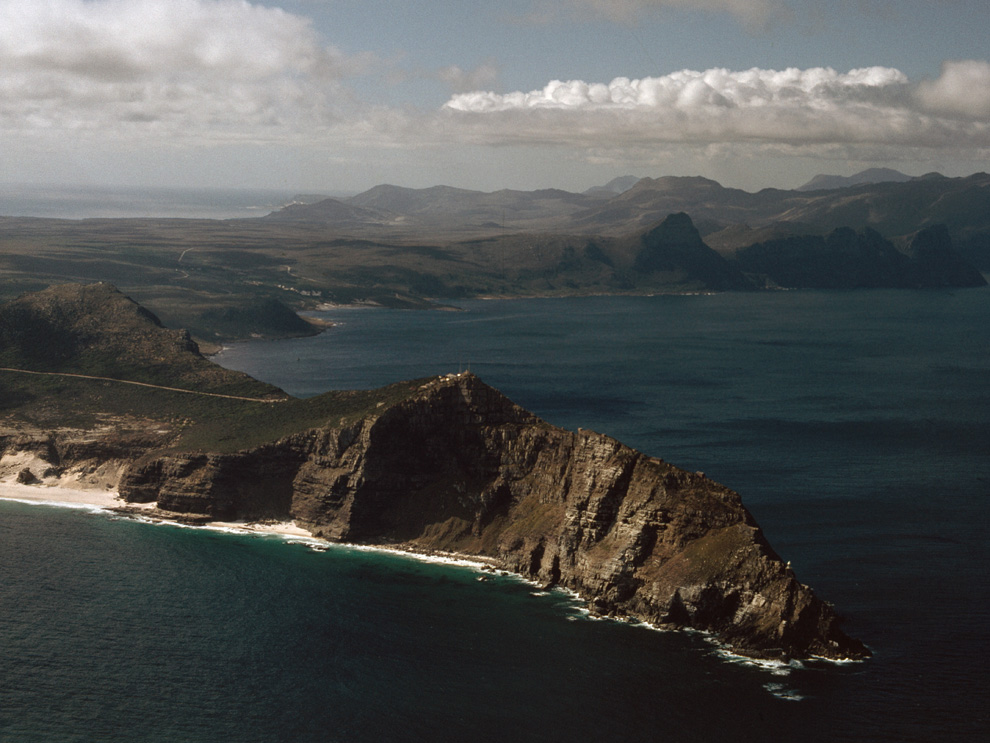


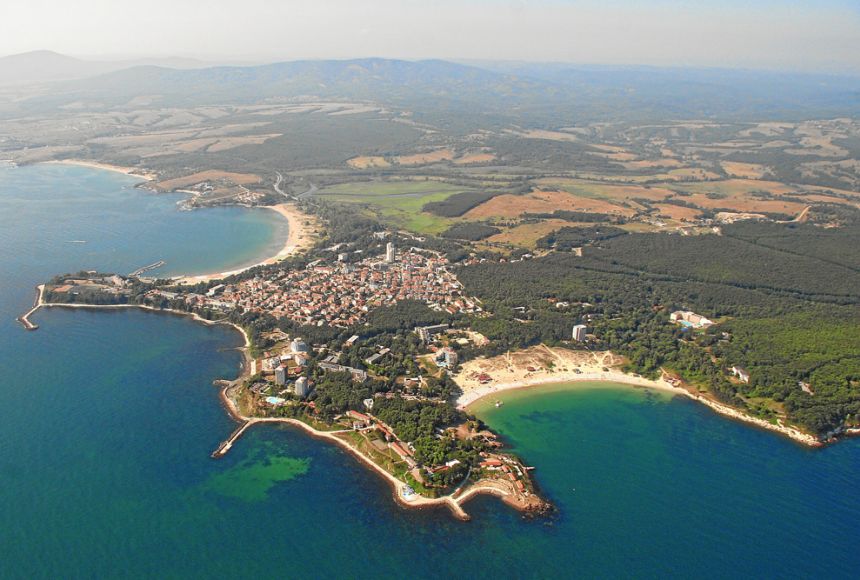
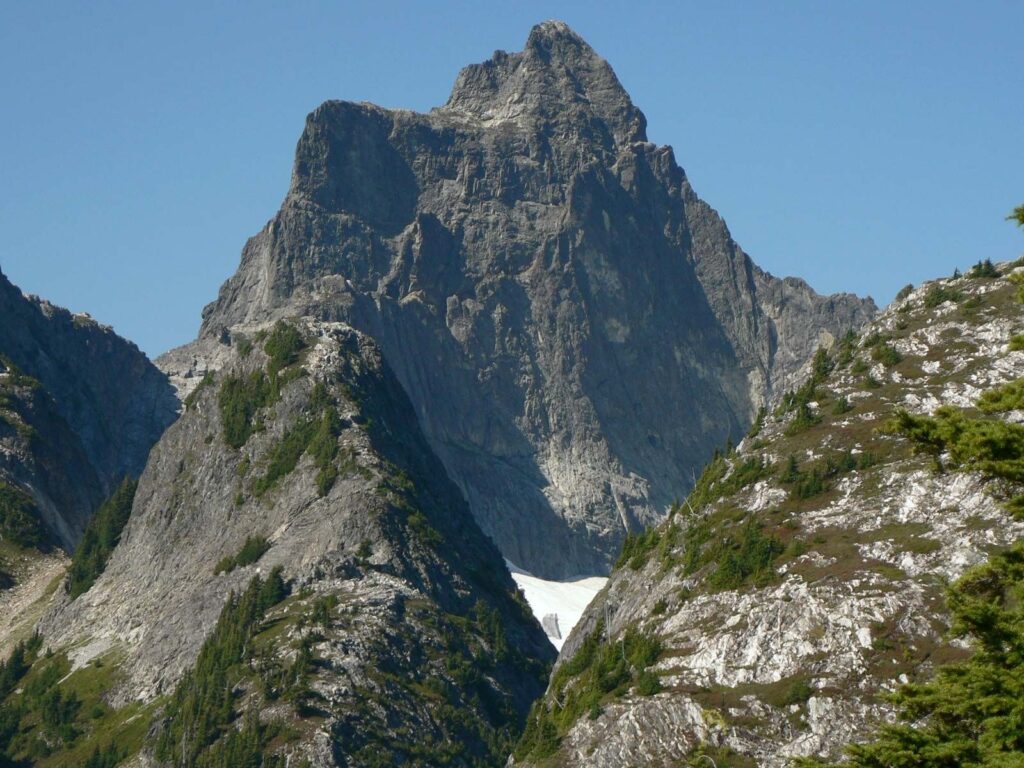
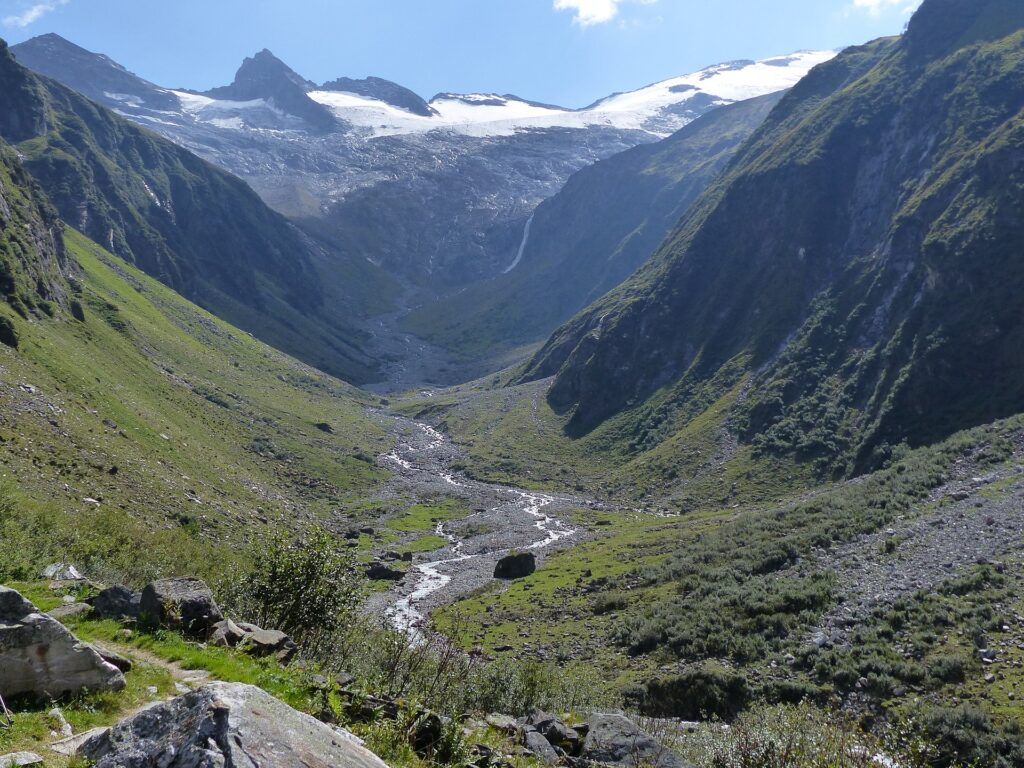
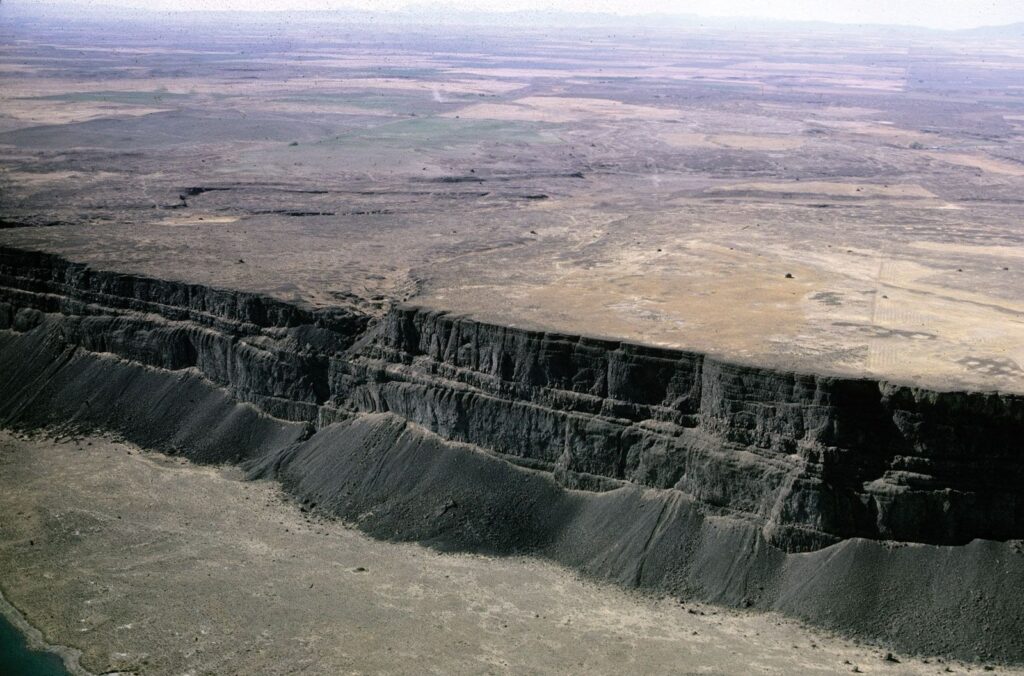
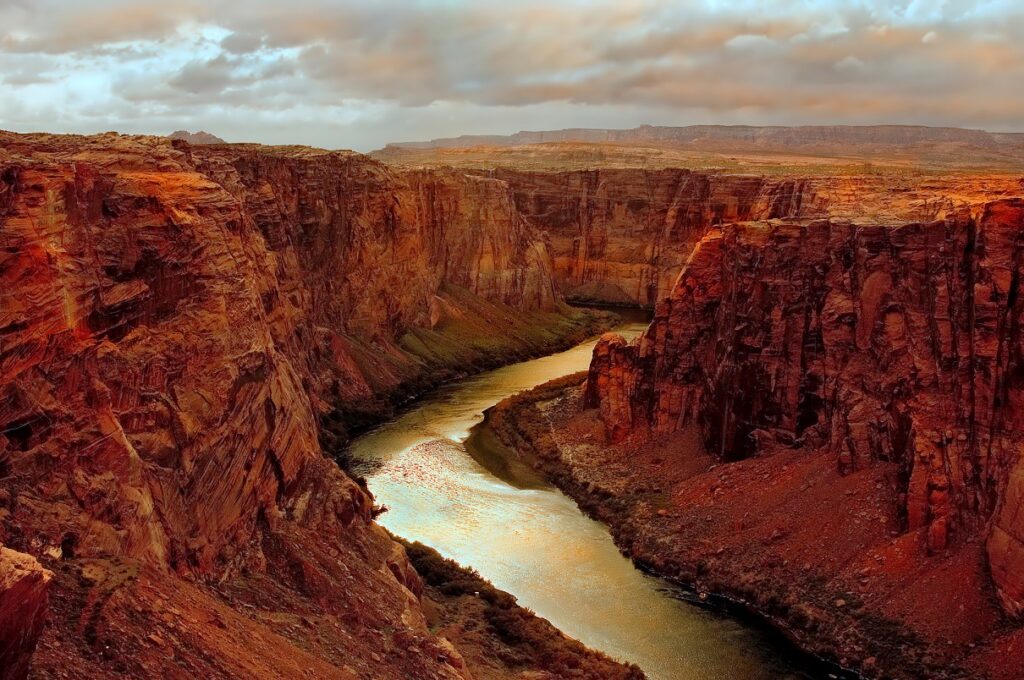
This visual guide has provided a clear understanding of various geological terms. By exploring these concepts, you can appreciate the beauty and complexity of the Earth’s landscapes. Whether you’re a student, a nature enthusiast, or simply curious about the world around you, this resource will enhance your knowledge of geology.

Leave a Reply